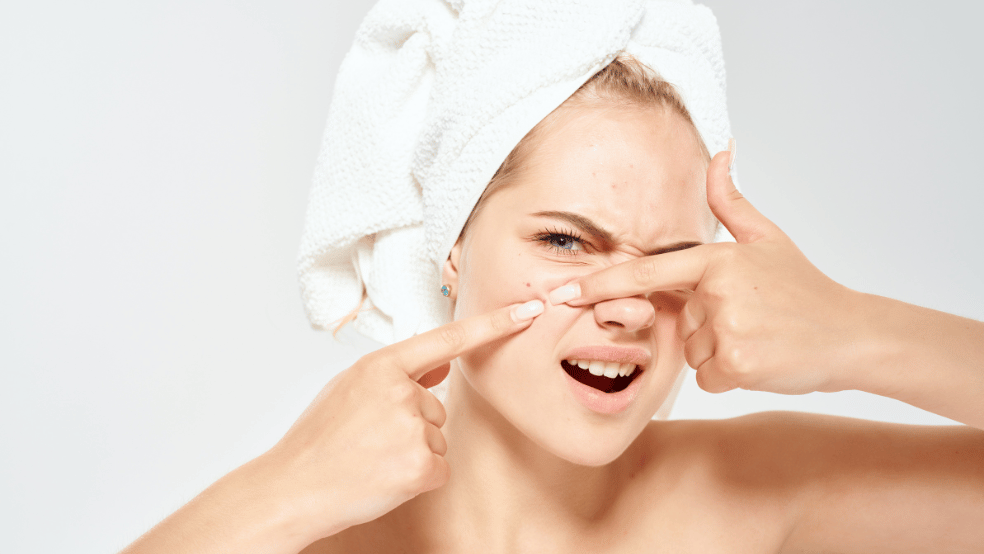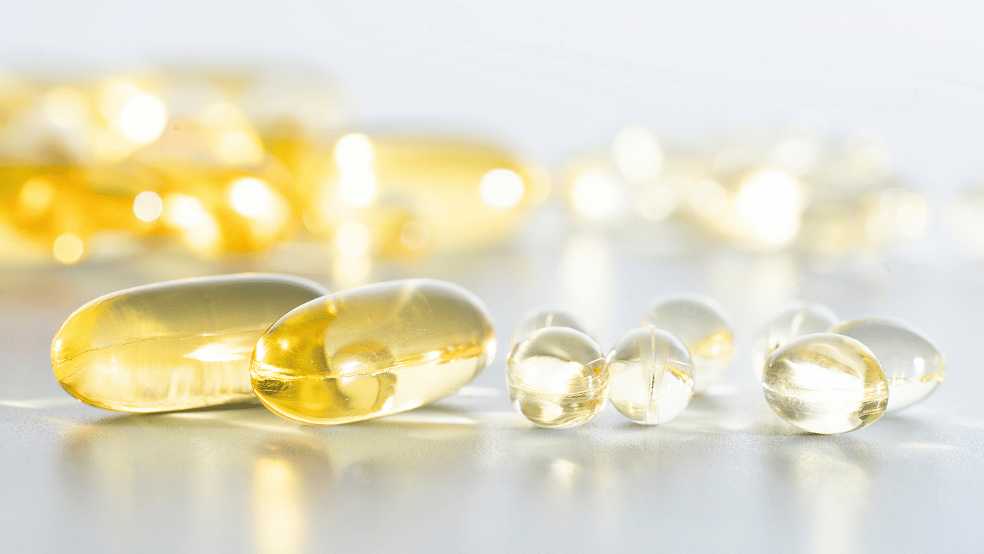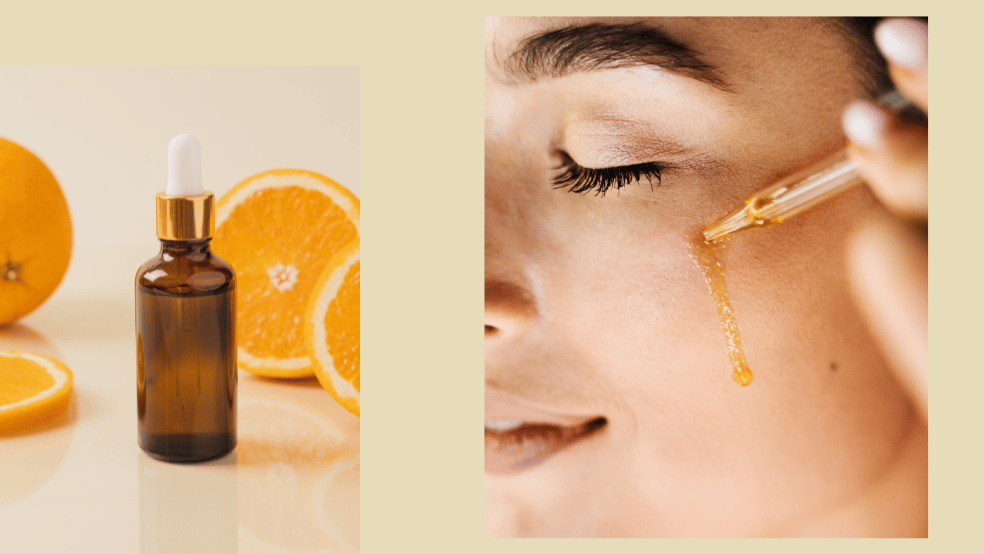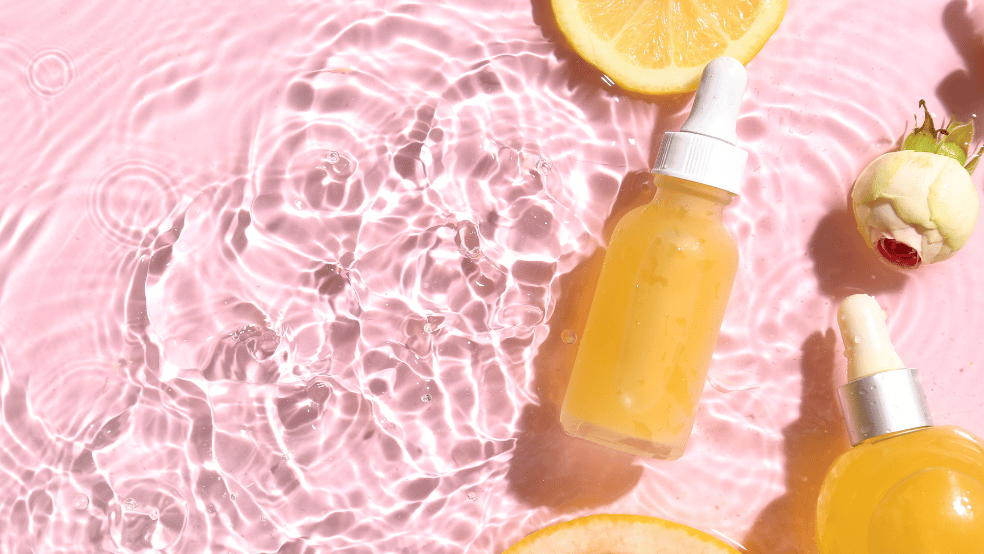Vitamin C is one of the most popular skincare ingredients, widely praised for its ability to brighten skin, even out tone, and protect against environmental damage. However, some individuals report breakouts after using Vitamin C serums or supplements, raising concerns about whether it worsens acne or actually helps treat it. Understanding how Vitamin C interacts with the skin can clarify these concerns and ensure its benefits are maximized.
Vitamin C Comedogenic Rating
Vitamin C itself is not comedogenic and does not clog pores. However, its comedogenic rating depends on the specific formulation and additional ingredients in a product.
Comedogenic Rating of Vitamin C Forms:
- L-Ascorbic Acid (Pure Vitamin C) – 0 (Non-comedogenic)
- Sodium Ascorbyl Phosphate – 0 (Non-comedogenic)
- Magnesium Ascorbyl Phosphate – 0 (Non-comedogenic)
- Ascorbyl Palmitate – Potentially Comedogenic (Depends on formulation)
- Tetrahexyldecyl Ascorbate – Low (1-2) Comedogenic Rating
While Vitamin C itself is not likely to cause clogged pores, some serums and creams contain oils, silicones, or thick emollients that may have a higher comedogenic rating. If you have acne-prone skin, choose a lightweight, oil-free Vitamin C serum with non-comedogenic ingredients.
Can Vitamin C Serum Cause Acne?
Vitamin C itself does not directly cause acne, but certain factors can contribute to breakouts after using a Vitamin C serum.
Irritating Formulations
Some serums contain additional ingredients that may clog pores or irritate the skin, leading to breakouts. Oils, silicones, or synthetic preservatives in a product can be comedogenic, making them unsuitable for acne-prone skin.

pH Levels and Sensitivity
Vitamin C is most effective in an acidic environment, but if a formula is too acidic (low pH), it can weaken the skin barrier, causing inflammation and irritation. This irritation may trigger breakouts, particularly for those with sensitive or reactive skin.
Overuse and Layering with Other Actives
Using Vitamin C in excessive amounts or combining it with strong active ingredients, such as retinoids or exfoliating acids, can overwhelm the skin. This overexposure may lead to irritation-induced breakouts rather than acne caused by clogged pores.
Skin Purging vs. Breakouts
Some users may experience purging when introducing Vitamin C. This occurs when an active ingredient accelerates cell turnover, bringing existing acne to the surface more quickly. Purging is temporary and typically resolves within 4-6 weeks. However, if breakouts persist beyond this period, it is likely due to irritation rather than purging.
Can Too Much Vitamin C Cause Acne?
Excessive use of Vitamin C, whether through topical application or supplementation, may contribute to breakouts in some cases.
- Overuse of Topical Vitamin C – Applying Vitamin C too frequently (e.g., multiple times per day) or in excessive amounts can lead to irritation, increased oil production, and clogged pores. Moderation is key—most dermatologists recommend using it once daily, preferably in the morning.
- High Doses of Oral Vitamin C Supplements – While Vitamin C supplements are generally considered safe, extremely high doses (above 2,000 mg per day) may lead to skin reactions, including breakouts. This is due to the body expelling excess Vitamin C through various pathways, including the skin. However, this effect is rare and typically associated with other underlying factors, such as poor gut health or hormonal imbalances.

Does Vitamin C Help With Acne?
Despite the potential for irritation in some individuals, Vitamin C is generally beneficial for acne-prone skin when used correctly. It offers several advantages:
- Reduces Acne Scarring and Hyperpigmentation – Vitamin C inhibits melanin production, helping to fade post-inflammatory hyperpigmentation (dark spots left behind by acne).
- Calms Inflammation – As a powerful antioxidant, Vitamin C reduces redness and swelling associated with inflammatory acne.
- Boosts Collagen Production – By promoting collagen synthesis, Vitamin C helps improve skin texture and accelerates the healing of acne lesions.
- Strengthens the Skin Barrier – Vitamin C helps fortify the skin’s natural defense system, making it more resilient against environmental damage and potential acne triggers.
How to Use Vitamin C Without Causing Breakouts
To minimize irritation and maximize benefits, it is essential to use Vitamin C properly.
Choose the Right Concentration
For acne-prone or sensitive skin, a concentration of 10-15% is ideal. Those new to Vitamin C should start with a lower concentration and gradually increase it.
Pick a Stable Formulation
L-ascorbic acid is the most potent form of Vitamin C but also the most irritating. Less irritating alternatives, such as sodium ascorbyl phosphate, are better suited for acne-prone skin.
Introduce It Gradually
Begin by using Vitamin C every other day to allow the skin to adjust. If no irritation occurs, it can be incorporated into a daily routine.
Pair with Hydration and Sunscreen
Because Vitamin C can increase skin sensitivity, it is important to follow up with a lightweight, non-comedogenic moisturizer to maintain hydration. Additionally, using SPF 30+ daily is crucial to prevent sun damage and irritation.

Conclusion
Vitamin C is a highly beneficial skincare ingredient that, when used correctly, can help improve acne scars, reduce inflammation, and strengthen the skin. However, certain formulations, high concentrations, and improper usage can lead to irritation and breakouts. By selecting a stable, well-formulated product and introducing it gradually, individuals can enjoy the benefits of Vitamin C while minimizing the risk of adverse reactions. If breakouts persist, reassessing the product choice and overall skincare routine can help determine the cause and find a more suitable approach.
